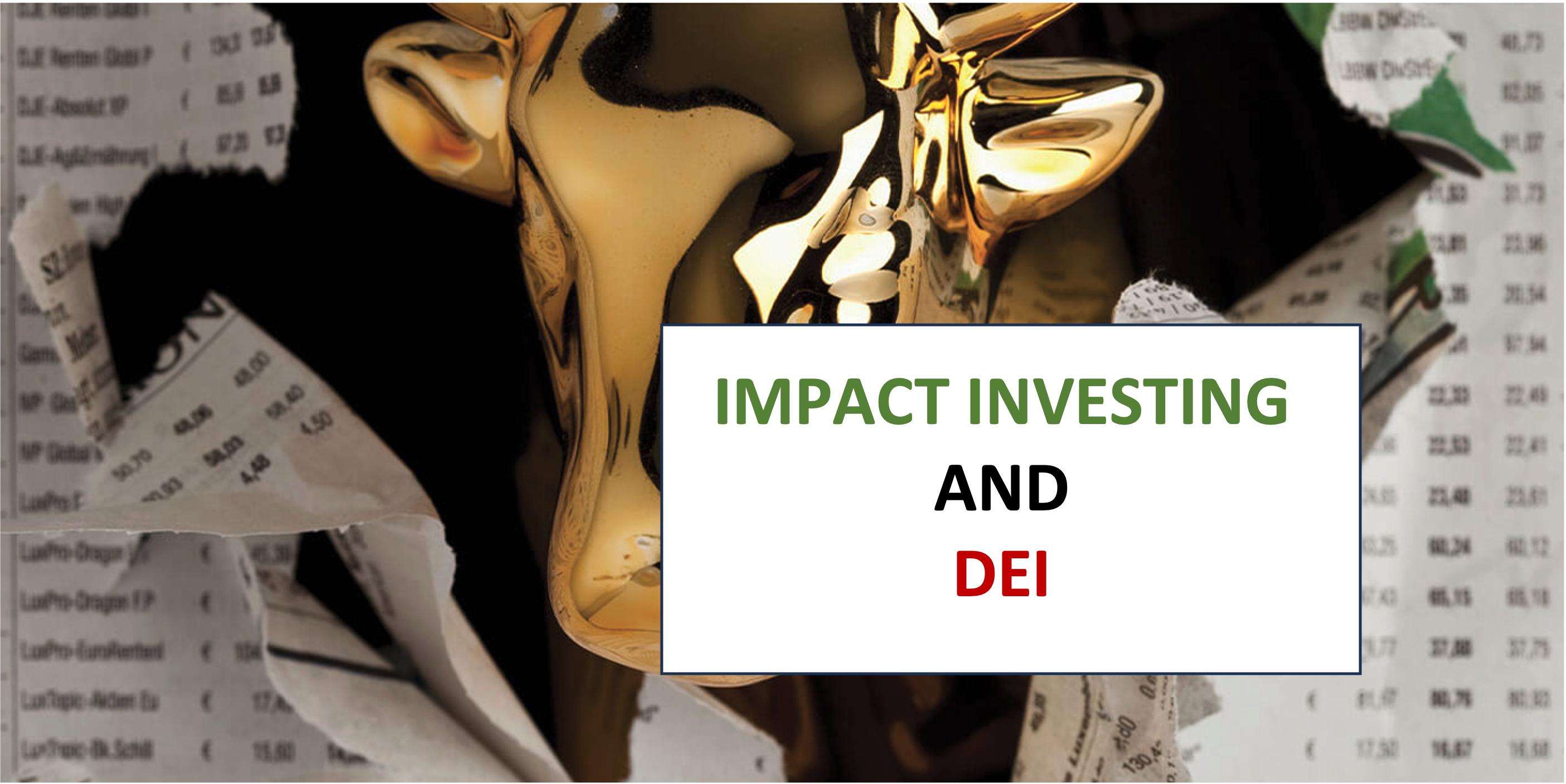

Impact Investing: Evolution of Diversity, Equity and Inclusion
A huge focus of impact investing is diversity, equity, and inclusion. These factors measure how a company is working to socially enhance the community around them as well as supporting social groups within their company. DEI (diversity, equity, and inclusion) has evolved incredibly over the past 60 years, and in this Founder’s Thought, we will take a look at its incredible change over time.
Past
DEI was initially sparked by the civil rights movement, in which social groups, namely African-Americans, fought for inclusion and equality in society. Thus, the initial forms of DEI came through affirmative action, which aimed to increase representation of underrepresented groups in education and employment. In the workplace, the equal establishment of the Equal Employment Opportunity Commission (EEOC) in 1965 represented a shift towards anti-discrimination in the corporate world.
Present
Today, DEI has been placed under a magnifying glass as its scope has expanded to include race, gender, sexual orientation, disability, age, and more. In fact, many businesses now have entire departments focused on DEI in the workplace to ensure that each employee feels welcomed and included, so that they can thrive. The need for DEI has also been emphasized as it provides corporations with a new perspective in conversations that can shift corporate sentiment and provide new analysis.
Future
Today, we are already seeing the effects of technology and AI, so we can only imagine its impact on businesses and corporations in the future. Yet, I imagine that in a world ruled by monotonous thought, DEI will become more important as it will largely be the difference maker in the business world. Neurodiversity will likely become a key evaluator for job applicants for many companies.
Conclusion
Overall, the evolution of diversity, equity, and inclusion is remarkable, and it is clear from current trends that it is not going away in the foreseeable future. As DEI continues to grow, so will impact investing.